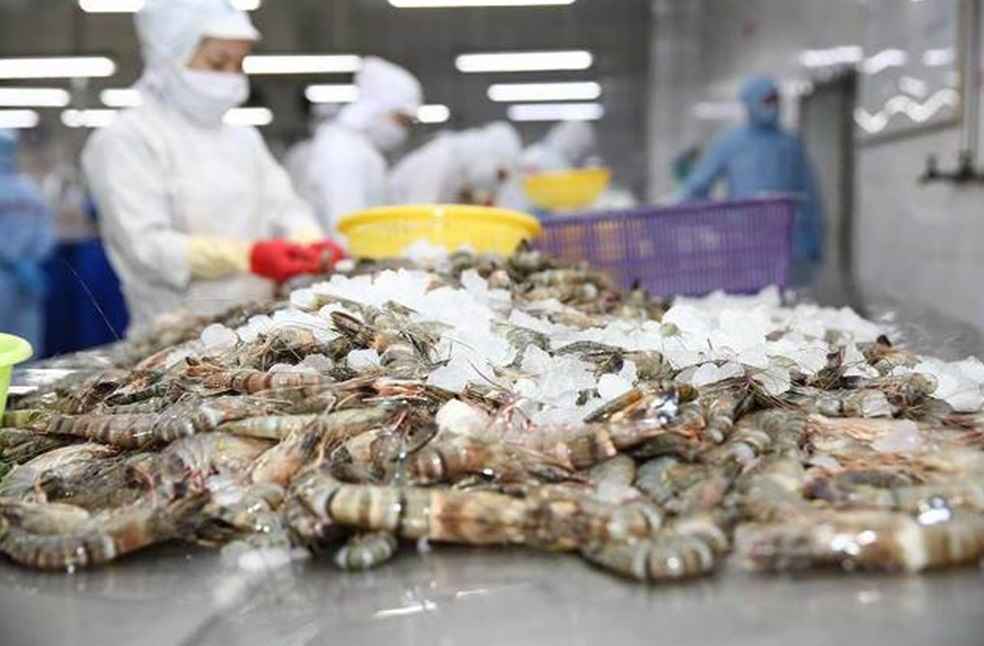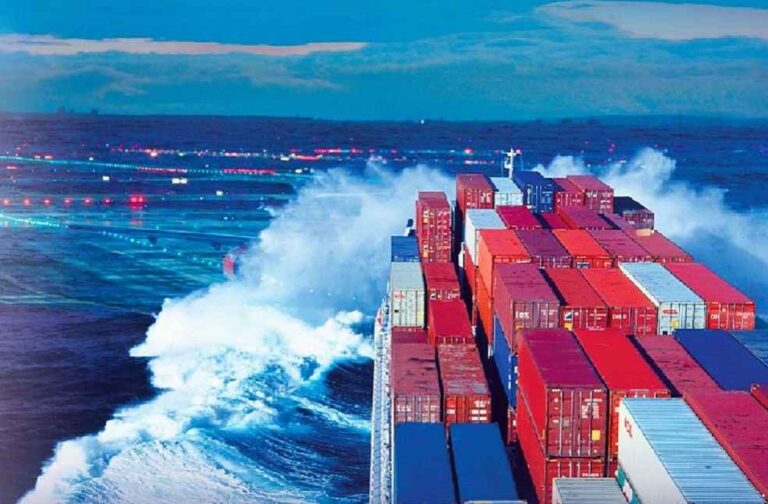Vietnam’s Ministry of Industry and Trade is setting an ambitious course for the year 2024, eyeing a significant boost in exports by 6%. This target, if achieved, would secure a ninth consecutive year of trade surplus, potentially reaching a staggering $15 billion. The ministry’s strategy hinges on leveraging existing free trade agreements while forging new partnerships with nations such as Israel and the UAE. These relationships are key to stimulating trade, attracting foreign investment, and propelling export growth.
The nation benefits from established political relationships with powerhouse economies including China, the US, and the EU. These connections form a robust base for fostering economic collaborations and investment ties, essential for bolstering Vietnam’s export trajectory. The global economic climate, showing signs of recovery, bodes well for Vietnam. The country anticipates a spike in import and export activities. The United States, a pivotal export destination, is expected to ramp up orders, influenced by diminishing stockpiles and a potential easing of interest rates by the Federal Reserve.

Vietnam’s textile and fisheries sectors, cornerstones of the national economy, are pursuing ambitious export figures for 2024. The Vietnam Textile and Apparel Association (VITAS) is aiming for textile exports to hit $44 billion, marking a 9.2% climb from the previous year. The fisheries sector, wrestling with the European Commission’s yellow card over illegal fishing practices, is targeting exports worth $9.5 billion.
Despite the optimistic outlook, Vietnam’s export landscape is not without challenges. Trade protectionism and various international barriers remain significant hurdles. The Ministry is tackling these headwinds by intensifying trade negotiations, enhancing the use of FTAs, and broadening its export markets and product diversity.
Nguyen Cam Trang, Deputy Director General of the Agency of Foreign Trade, stresses the importance of assisting firms in capitalizing on FTAs, staying informed about export policies, and participating in trade promotions focused on key markets.

Vietnamese companies are navigating a complex environment, contending with supply chain issues and elevated input costs. Dr. Can Van Luc, an economic authority, suggests that businesses diversify their funding sources, expand their market reach, and earnestly adopt eco-friendly production methods. The global shift toward sustainability brings stringent environmental criteria for imports. In response, VITAS is implementing measures for sustainable growth, sourcing new materials, and advocating for tax incentives to support the industry’s green transition.
Minister Nguyen Hong Dien emphasizes the crucial role of Vietnamese trade offices globally in keeping the government and businesses well-informed about international regulations and policies. This guidance is fundamental for crafting strategies that bolster exports.
Vietnam’s journey toward 2024 involves carefully balancing internal industrial challenges against a backdrop of global economic shifts and sustainability trends. Through thoughtful planning, policy support, and strong international alliances, Vietnam is poised to enhance its role in the global trade sphere.
INSPIRING | Cambodia’s RCEP Export Boom: 2023’s Surprise Economic Success Story



